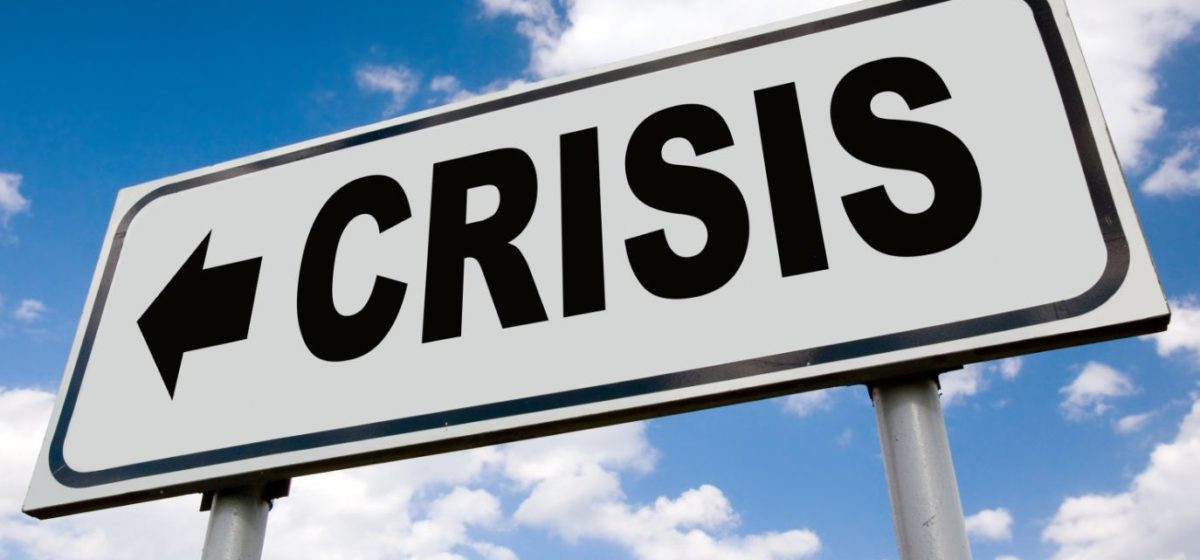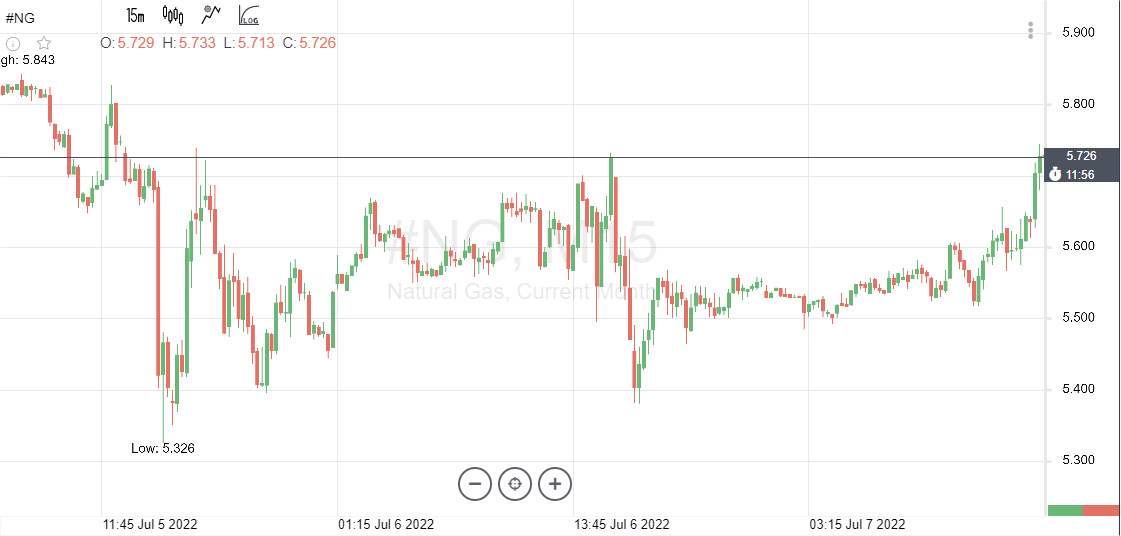
The exchange price of gas at the ICE Futures site jumped sharply on Thursday to a record level – above $1,900 per 1,000 cubic meters, which was facilitated by the continuing fears in the markets of a significant reduction in energy supplies from Russia.
Thus, the cost of the August futures on the TTF hub in the Netherlands rose by almost 4% today, reaching $1,922.85 per 1 thousand cubic meters. This level of gas prices is observed in Europe for the first time since March 9, 2022.
Since the beginning of June, the exchange prices for gas in the euro region have doubled. At the very beginning of the first summer month, the estimated price of July contracts was at the level of $880.8, and on June 23, the cost of gas exceeded the $1,500 mark, then approached the $1,600 milestone.
Natural gas is now the most popular commodity in the world and the culprit of global inflation. Such a rapid increase in its prices is explained by the news that its supplies from Russia to Europe are increasingly declining. The Russian gas giant Gazprom is set to stop gas supplies via the Nord Stream from July 11 to July 21, citing planned pipeline maintenance.
Germany is in a real depression in this situation, as the obvious shortage of energy resources today threatens it with an economic collapse that is quite comparable to the financial crisis of 2008. In the largest EU economy, both businesses and ordinary consumers are at risk of being left without electricity. Vital supplies for the country via the Nord Stream are being stopped, and fears are growing stronger among German officials that Moscow will not launch it at all.
In a panic, the German government is ready to put up to 10 GW of coal-fired power capacity back into operation, but analysts admit that due to high coal prices, this idea is unlikely to bring much relief to the electricity market.
Due to a record increase in the cost of imported energy carriers and a decline in the indicators of the manufacturing sector, Germany's foreign trade balance turned negative in May – the deficit amounted to as much as 1 billion euros. The negative result of the foreign trade balance occurred with the main EU economy for the first time since 1991.
Recently, the German authorities announced that they are negotiating to rescue the utility company Uniper, which in today's conditions is losing 30 million euros a day. Uniper has to cover the shortage of Russian gas in the spot market, where prices are rising at an unthinkable pace. Even German companies such as the chemical giant BASF have admitted that due to a sharp jump in gas prices they will have to significantly reduce their production.
In connection with such negative prospects, Deutsche Bank has already announced that a recession in the EU due to energy rationing is inevitable, and stressed that, in addition to Germany, due to the rapid rise in electricity prices, producers and consumers in both Italy and France are suffering.
In France, among other things, great difficulties with the maintenance of a huge number of nuclear power plants come to the fore. Neighboring countries are using additional volumes of gas to generate electricity for France, despite the fact that Europe is still trying to accumulate reserves for the winter.
According to the data of the Federal Network Agency of Germany, net exports to France amounted to about 600,000 MWh of electricity in June compared with 300,000 MWh of net imports achieved a year earlier. The UK supplies electricity to France every day, which in volume is comparable to 10% of domestic demand.
The American financial conglomerate Morgan Stanley, looking at the clouds gathering over the European continent, confidently stated that by the end of this year there will be a noticeable economic downturn in the entire eurozone.
But this is about rich European countries, and what about other developing economies that increasingly have to compete with developed ones for LNG supplies on the global market? And their consequences are expected to be much more catastrophic.
For example, in Pakistan, planned power outages plunge not just neighborhoods, but entire regions into stuffy darkness. Shopping malls and factories in big cities are simply closing down, government officials are switching to a reduced work schedule. Or, for example, Thailand has severely restricted LNG imports due to high prices for it. Myanmar stopped all purchases of LNG at the end of last year.

 English
English 
 Русский
Русский Bahasa Indonesia
Bahasa Indonesia Bahasa Malay
Bahasa Malay ไทย
ไทย Español
Español Deutsch
Deutsch Български
Български Français
Français Tiếng Việt
Tiếng Việt 中文
中文 বাংলা
বাংলা हिन्दी
हिन्दी Čeština
Čeština Українська
Українська Română
Română

